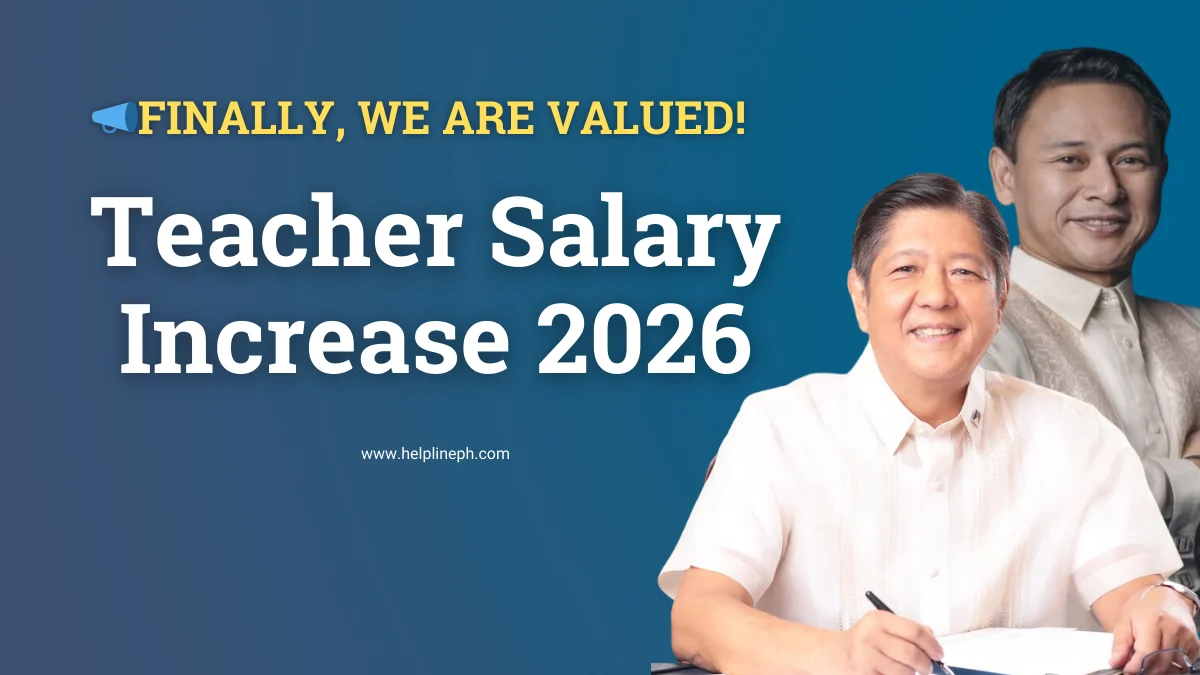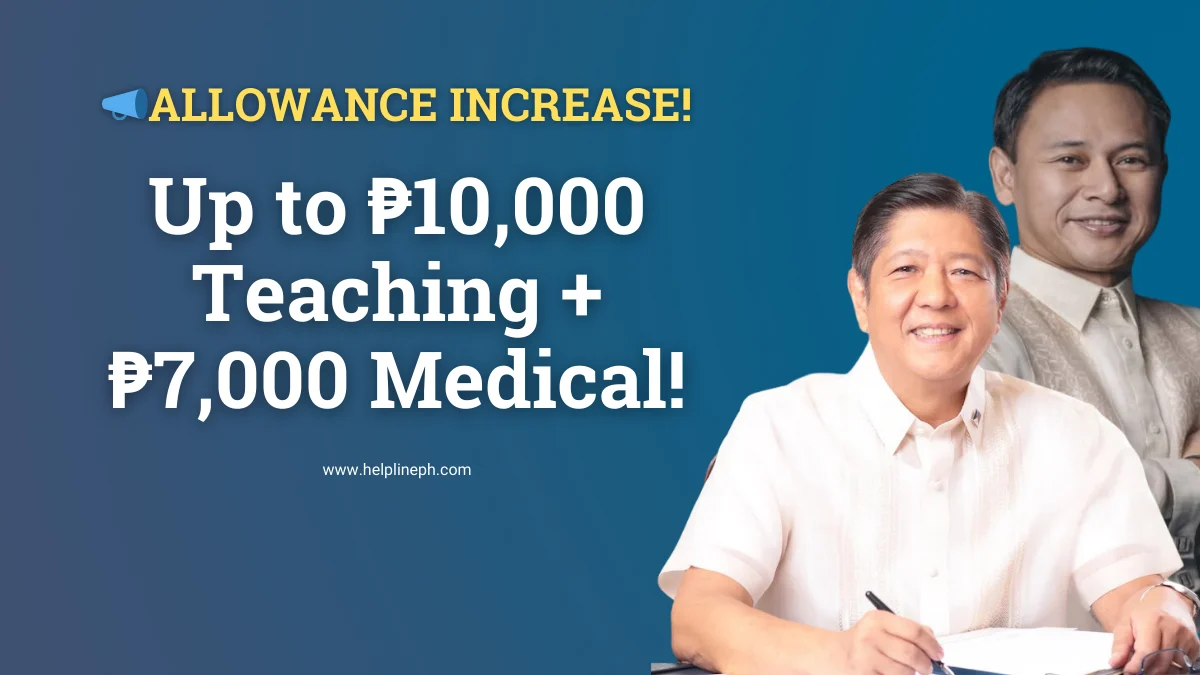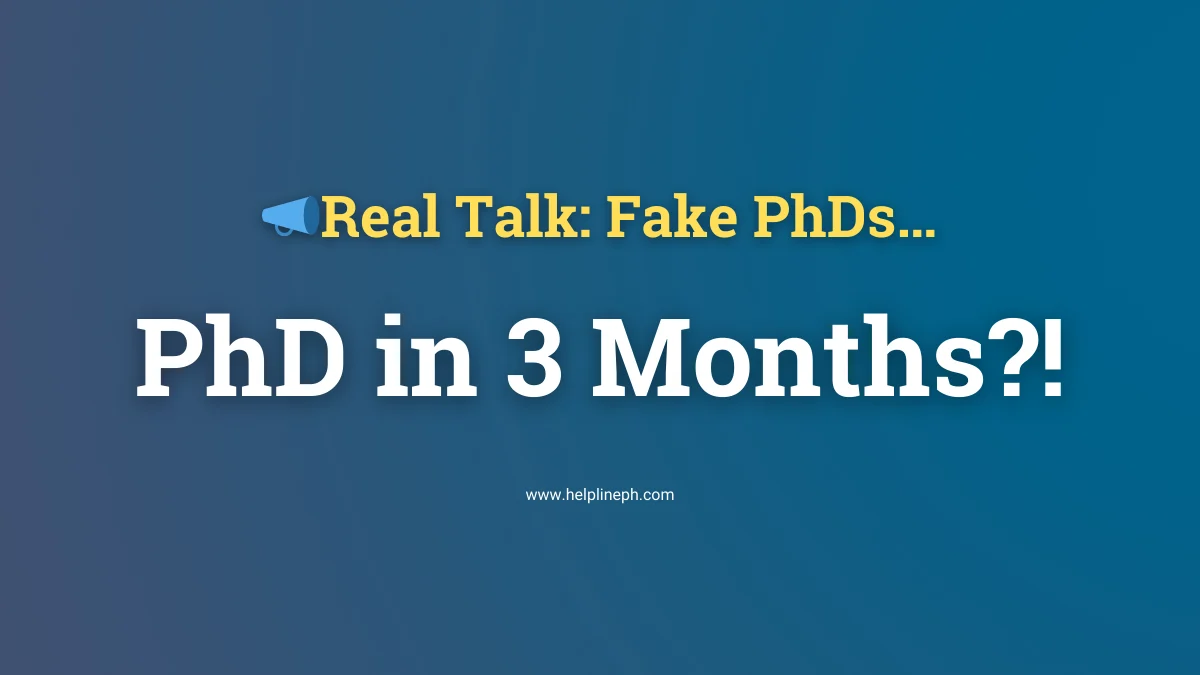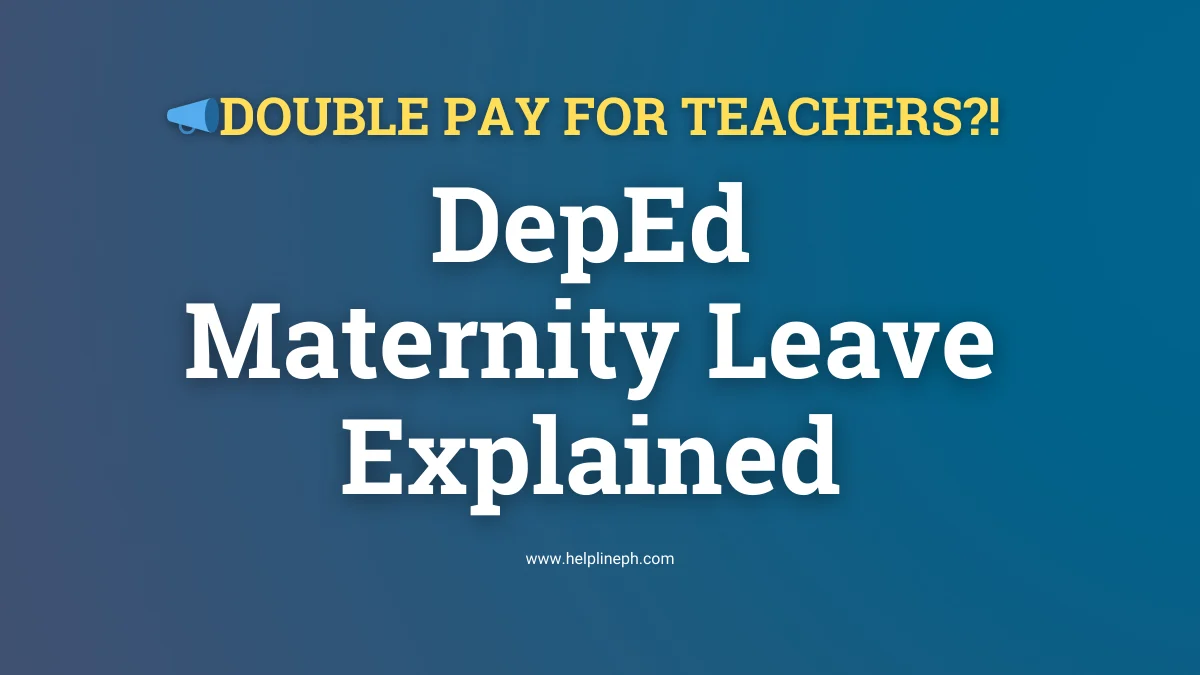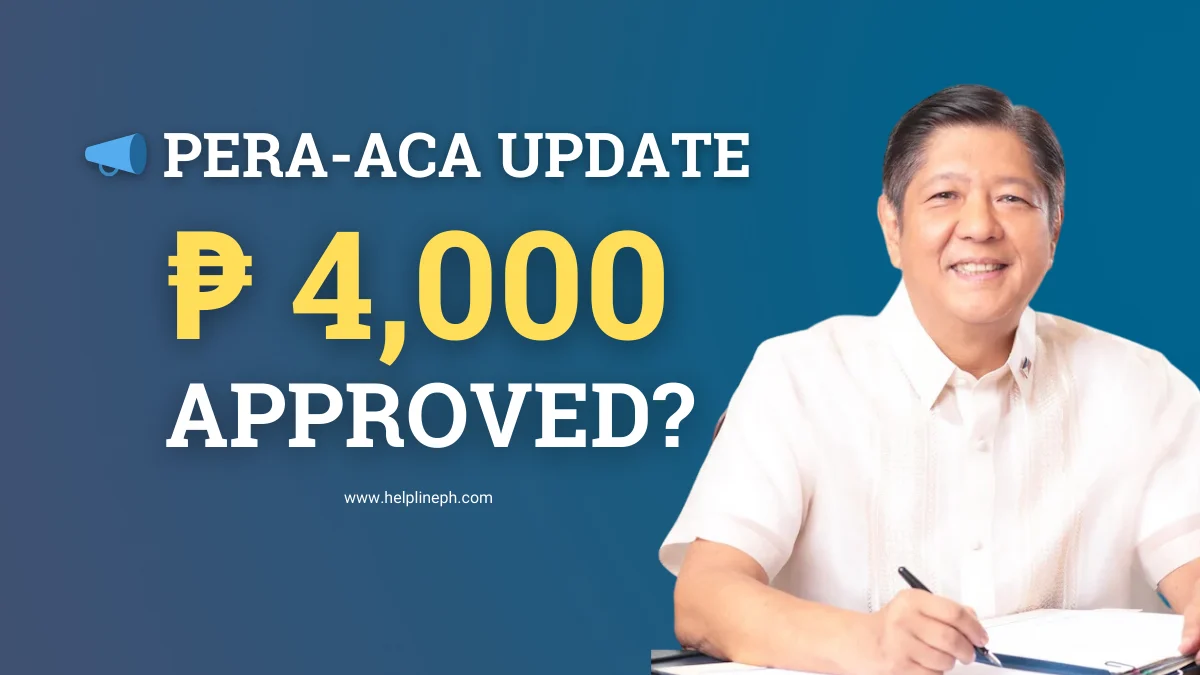Teacher loans will be reconsolidated into one financial institution: No good or a great help?
Teacher loans are so common with various lending institutions that they offer loans more quickly without difficulty in processing papers compared to the GSIS, which requires a lot of papers to prepare to avail loans. According to the teachers, the long-term loan at GSIS has a high interest rate.
Teachers have a high interest in taking out salary loans from private lenders, but they still pursue it so that they can bring money back to their homes. Teacher loans could not be avoided because teachers have such a low salary that even if there was an increase, it would be too small to sustain the needs of their families.
Teachers have many expenses because they also spend money on the beautification of their classroom, especially when face-to-face classes are coming. Teachers are so busy preparing their respective classrooms. With this, the teachers have no other income to rely on to buy important things in the classroom. They have no choice but to take out a loan. So teacher loans could not be avoided.
Many teachers expressed concern that if their debts are only consolidated with GSIS, they will fall deeper into poverty. Teachers’ suggestions are similar to those of policemen, who have their own lenders, in that the policemen lend money with a clear amount and interest.
There are also teachers who say that they borrowed money from GSIS but there was no deduction. The advice of the GSIS is to take out a loan again to see the loan before. If this is the case, if the debt to the GSIS is not deducted immediately, it will increase and there will be an arrear.
Teachers believe that when there is a big salary increase, there is no reason for the teachers to take so many loans. Teachers receive a small raise in pay with a large withholding tax deduction. The little increase is invisible to the teachers’ salary.
In an interview with One News, DepEd spokesperson Atty. Michael Poa said that they hope to consolidate the teacher loans with a financial institution with better interest rates or an amortization period.
Poa explained that this is because the teacher usually borrows money from private lenders who charge higher interest rates, leaving the teachers suffering from the penalties from the loans.
Let’s see if you can correctly answer this!
[wp_quiz_pro id=”9237″]
He also said that concerns over DepEd loans have a higher perception that the GSIS loan has a higher interest rate. The problem with private lenders is that they also have an agreement between the lender and the borrower regarding the automatic salary deduction, and there must be a review by DepEd.
The government has a minimum take home pay, so it happened that all these loans to private lenders are automatically deducted. And here is the full interview with One News with DepEd spokesperson Atty. Michael Poa.
According to Poa, there is a perception that GSIS loans have higher interest rates, although there is a difference between what I guess is effective interest rates and private lenders are very good at what they advertise. Their interest rates might seem low, but effectively they are quite high.
Also, the problem with private lenders is that they also have agreements or automatic salary deductions that something will have to review due to that. As a government employee, you have a minimum take home pay. So what used to happen in the past is that all these loans from the private lenders were automatically deducted. When it comes to GSIS loans, they are no longer deducted, and so the teachers end up suffering surcharges, penalties for late payment, or no payments at all.
The GSIS tried to do something about that during the last administration. They launched what they called the GFAL program, where the GSIS put off all these teacher loans from private lenders, consolidated them all, and the teachers just had to repay the GSIS, and they were trying to offer better terms. VP Secretary Sara Duterte would want to fix the problem with teacher loans.
The teachers hope that they can consolidate these loans into one financial institution with their GSIS, which is with better interest rates and maybe a better amortization period, so that they can improve the net take home of the teachers.
Non-financial benefits, such as health insurance, may appear to have little impact at the moment, but the truth is that it has a significant impact on teachers’ finances. When someone gets sick and all of that, Phil health, of course, is always there, but it could always be best to have some form of health insurance to support them.
Teacher loans can be minimized if the government gives an increase to the teachers. How could the teachers stop borrowing money from private lenders if even the increase could not be given? Even if all the loans were reconsolidated, if the net pay of the teachers was very small, nothing would happen. The teachers are still borrowing money to ease the suffering due to the increase in all commodities. – Doki | Helpline PH
